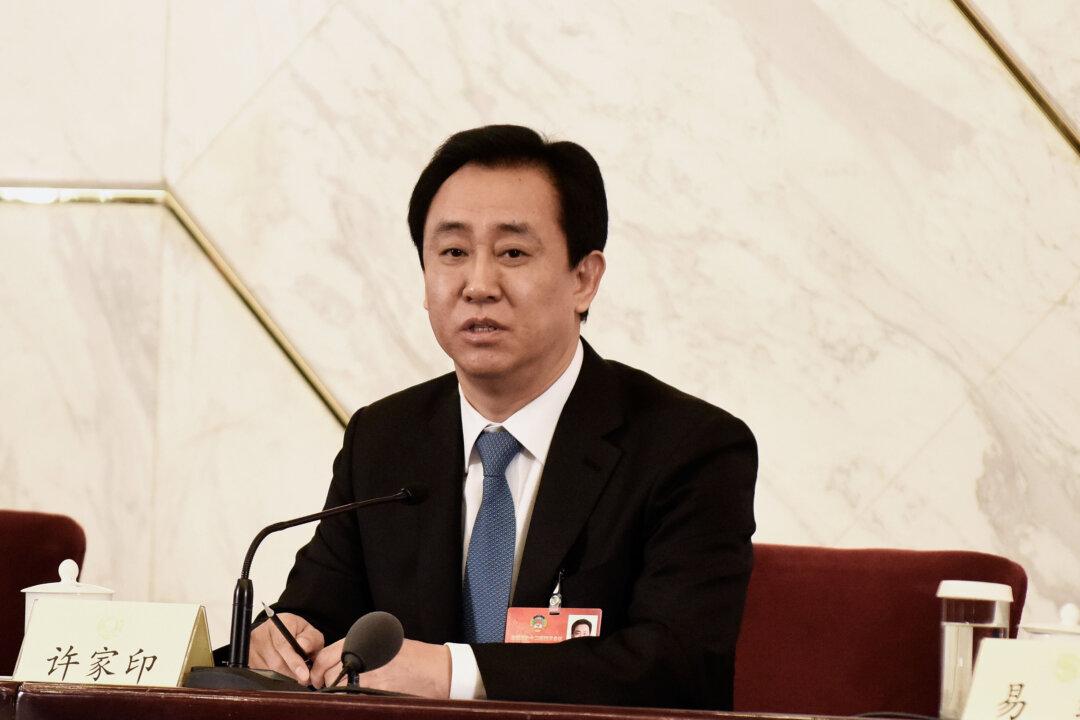China Evergrande Group announced on Sept. 28 that its chairman and founder has been suspected of committing crimes, confirming reports that Hui Ka Yan was under police surveillance.
It stated that “relevant authorities” notified the company that Mr. Hui, also known as Xu Jiayin, is subject to “mandatory measures in accordance with the law due to suspicion of illegal crimes.”





